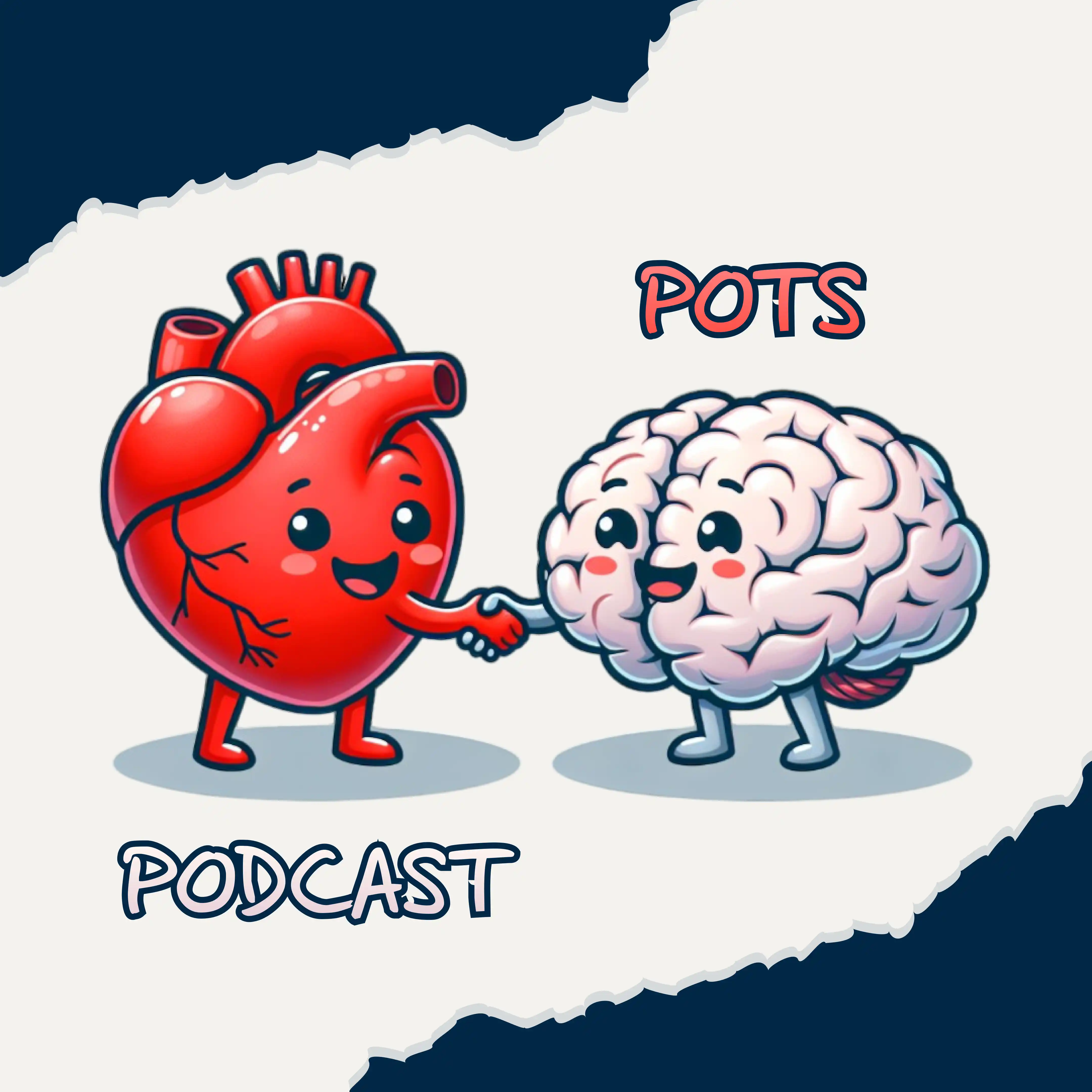
POTS & Dysautonomia: Beyond Symptoms to Root Causes
Continuing their discussion from Episode 7, Dr. Joseph Schneider and Joseph Quirk dive deeper into the complex world of Postural Orthostatic Tachycardia Syndrome (POTS) and dysautonomia at the Hope Brain and Body Recovery Center, exploring how these conditions disrupt multiple body systems and require individualized treatment approaches. The experts discuss hidden factors like mold exposure, heavy metal toxicity, and cortisol imbalances that can trigger or worsen symptoms, explaining why morning hours are often most challenging for patients. They address both weight gain and loss patterns, examining physiological rather than mental causes behind eating difficulties and digestive dysfunction. The conversation highlights their specialized exercise with oxygen therapy techniques that carefully monitor heart rate fluctuations and recovery times to prevent patient setbacks. For those struggling with the debilitating effects of POTS—from being unable to get out of bed to experiencing brain fog and limited functionality—this episode offers a science-based perspective on comprehensive testing and personalized rehabilitation strategies. The Hope Brain and Body Recovery Center in Chaddsford, Pennsylvania welcomes patients seeking intensive or gradual recovery programs tailored to their specific needs. Connect with Dr. Joseph Schneider: Website: Hope Brain and Body Recovery Center LinkedIn: Joseph Schneider YouTube: hopebrainbodyrecoverycenter Instagram: @hopebraincenter_ Facebook: Hope Brain and Body Recovery Center
Description:
Continuing their discussion from Episode 7, Dr. Joseph Schneider and Joseph Quirk dive deeper into the complex world of Postural Orthostatic Tachycardia Syndrome (POTS) and dysautonomia at the Hope Brain and Body Recovery Center, exploring how these conditions disrupt multiple body systems and require individualized treatment approaches. The experts discuss hidden factors like mold exposure, heavy metal toxicity, and cortisol imbalances that can trigger or worsen symptoms, explaining why morning hours are often most challenging for patients. They address both weight gain and loss patterns, examining physiological rather than mental causes behind eating difficulties and digestive dysfunction. The conversation highlights their specialized exercise with oxygen therapy techniques that carefully monitor heart rate fluctuations and recovery times to prevent patient setbacks. For those struggling with the debilitating effects of POTS - from being unable to get out of bed to experiencing brain fog and limited functionality -this episode offers a science-based perspective on comprehensive testing and personalized rehabilitation strategies. The Hope Brain and Body Recovery Center in Chaddsford, Pennsylvania welcomes patients seeking intensive or gradual recovery programs tailored to their specific needs.
Connect with Dr. Joseph Schneider:
Website: Hope Brain and Body Recovery Center
LinkedIn: Joseph Schneider
YouTube: hopebrainbodyrecoverycenter
Instagram: @hopebraincenter_
Facebook: Hope Brain and Body Recovery Center EndFragment



Comments